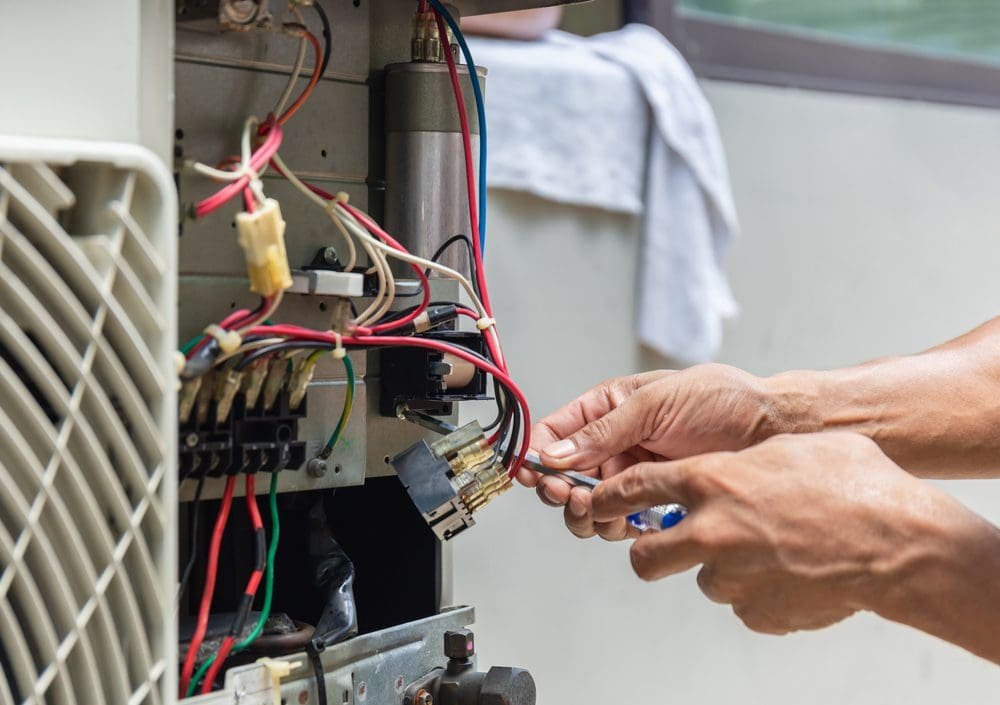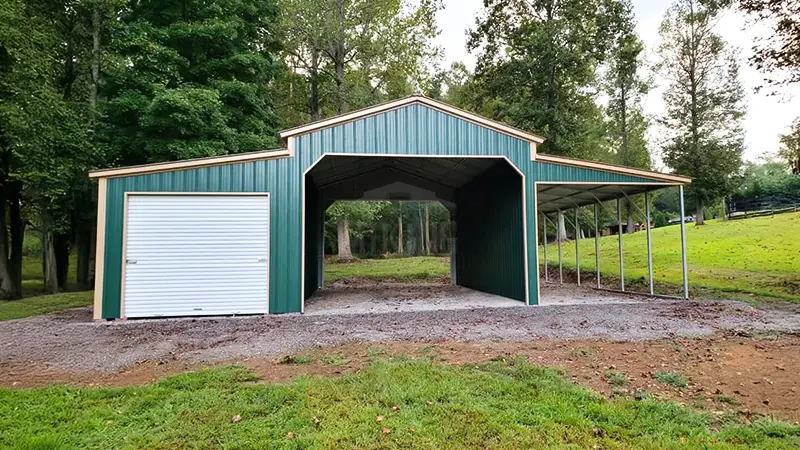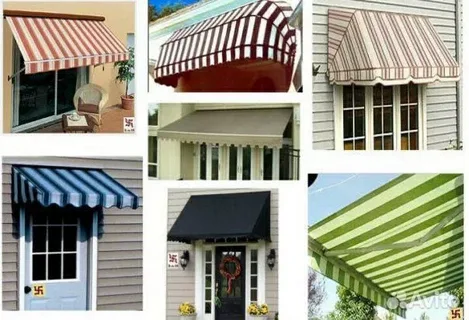Refrigerator Repair
A refrigerator is a vital appliance in every household, responsible for preserving food and keeping essentials fresh. When it malfunctions, the inconvenience can be significant. Understanding basic refrigerator repair techniques can help you troubleshoot common issues, extend its lifespan, and prevent food spoilage. Learning a few repair basics can save you time and money and help maintain the efficiency of your refrigerator.
Common Refrigerator Repair Issues and Solutions
Refrigerators, like all appliances, are prone to specific issues that, when identified early, can often be resolved at home. Understanding these problems and their solutions can help you address them before they escalate.
Refrigerator Not Cooling Properly
One of the most common issues with refrigerators is a lack of cooling. This can be caused by several factors, including blocked vents, dirty condenser coils, or a malfunctioning thermostat. Regular cleaning and inspection of these parts can help resolve cooling issues.
Excessive Frost in the Freezer
If you’re noticing frost buildup in the freezer, it could indicate issues with the defrost system or a faulty door seal. Frost buildup not only affects storage space but can also impact the freezer’s efficiency.
Unusual Noises Coming from the Refrigerator
Strange noises, such as buzzing or rattling, are often due to loose parts or malfunctioning components like the fan or compressor. Identifying the noise source can help you pinpoint the problem and address it effectively.
Water Leaking from the Refrigerator
Water leaks are typically a result of a clogged defrost drain or a broken water line. Inspecting and cleaning the defrost drain or replacing a damaged line can help stop leaks and prevent water damage to your floors.
Essential Refrigerator Repair Tips for DIY Maintenance
For homeowners interested in maintaining their refrigerators, there are several straightforward repair and maintenance practices that can help extend the life of the appliance.
Unplug the Refrigerator Before Repairing
Always unplug the refrigerator before conducting any repair to avoid electrical shocks and ensure a safe repair process.
Clean the Condenser Coils Regularly
Dirty condenser coils can restrict airflow and make the refrigerator work harder to cool, leading to higher energy consumption and reduced efficiency. Cleaning the coils every six months can help improve cooling and energy efficiency.
Check the Door Seals for Proper Insulation
Faulty door seals can let cool air escape, forcing the refrigerator to work harder and increasing energy bills. Check for gaps or cracks in the seals, and consider replacing them if they no longer provide a tight seal.
Inspect and Clear the Defrost Drain
A clogged defrost drain can cause water to pool inside the refrigerator. Cleaning the drain and removing any debris can prevent leaks and help maintain optimal performance.
When to Call a Professional for Refrigerator Repair
While some refrigerator issues can be fixed at home, there are cases where professional expertise is essential. Knowing when to call for help can prevent further damage and ensure safe, efficient operation.
Persistent Cooling Problems
If your refrigerator continues to have cooling issues despite your efforts, it could be due to a malfunctioning compressor or other complex component. In such cases, a professional can diagnose and fix the underlying issue.
Unusual or Loud Noises
If your refrigerator makes loud, persistent noises, it could indicate a severe problem with the motor or compressor. It’s best to call a technician who can inspect and repair these components safely.
Electrical Issues or Frequent Short Circuits
Frequent tripping of circuit breakers or other electrical issues are signs of a deeper electrical problem. A licensed electrician or appliance repair technician should address these issues to ensure safety.
Water Leakage You Can’t Locate
If you’ve tried cleaning the defrost drain and inspecting the water line but the refrigerator is still leaking, a professional can help identify the problem and fix it properly.
Preventing Common Refrigerator Problems
Maintaining your refrigerator is crucial for preventing issues and maximizing efficiency. Simple preventive measures can extend the life of your appliance and reduce the need for repairs.
Regularly Clean and Inspect Coils
Cleaning the condenser coils every few months prevents dirt buildup that can obstruct airflow. This helps the refrigerator cool more effectively and reduces energy consumption.
Avoid Overloading Your Refrigerator
Overloading your refrigerator can restrict airflow and put strain on the cooling system, which can lead to premature wear on components. Organize your refrigerator for optimal airflow and efficiency.
Set the Right Temperature Settings
Keeping the refrigerator at the correct temperature, typically around 37°F for the fridge and 0°F for the freezer, helps maintain freshness without overworking the appliance.
Check Door Seals and Insulation Regularly
Ensure the door seals are intact to maintain a consistent internal temperature. Damaged seals can cause cool air to escape, increasing energy usage and reducing efficiency.
Frequently Asked Questions
Why is my refrigerator not cooling properly?
Cooling problems may arise from dirty coils, blocked vents, or a malfunctioning thermostat. Cleaning the coils and checking the vents can often solve these issues.
How often should I clean the condenser coils?
It’s recommended to clean condenser coils every six months. However, households with pets may need to clean them more frequently due to hair buildup.
What causes excessive frost in the freezer?
Excessive frost can be caused by a malfunctioning defrost system or an issue with the door seal. Inspecting the door seal and defrost components can help address the problem.
Can I repair a refrigerator myself, or should I call a professional?
While basic maintenance tasks can be handled at home, complex issues involving the compressor, motor, or electrical components should be addressed by a professional technician.
What should I do if my refrigerator is leaking water?
Water leaks can be due to a clogged defrost drain or a damaged water line. Cleaning the defrost drain and inspecting the water line can often resolve this issue.
Final Thoughts
Regular maintenance and basic repair knowledge are essential for keeping your refrigerator running smoothly. By understanding common refrigerator issues and knowing when to call a professional, you can avoid costly repairs and prolong the life of your appliance. Simple steps like cleaning the condenser coils, checking door seals, and ensuring proper airflow can go a long way in maintaining your refrigerator’s efficiency. Whether you’re performing routine maintenance or troubleshooting minor issues, taking a proactive approach to refrigerator care will help ensure reliable performance and prevent food spoilage.












Leave a Reply